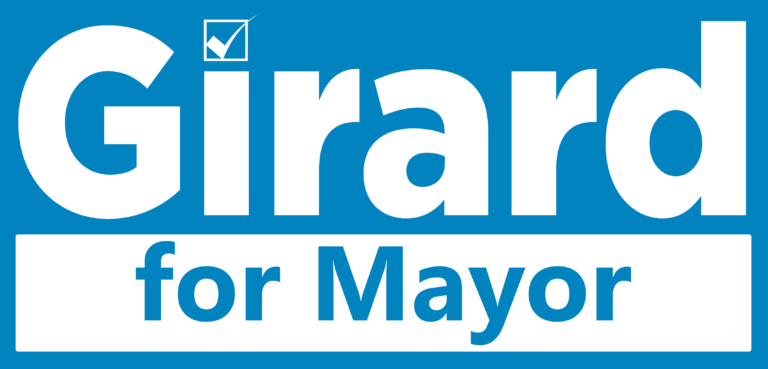by Rich Girard
Published in the Union Leader on April 13, 2021
MANCHESTER need not choose between helping those needing recovery and protecting its neighborhoods.
A March 21, 2021 article in the Union Leader revisited the issue of “sober homes” that are illegally operating in neighborhoods across the city. The key argument supporters of these homes, including Mayor Joyce Craig, use in their defense is that the state has no definition of a “sober home” nor does it have any regulations regarding their operation. According to the article, Craig said that failure “burdened” the city with enforcing compliance.
That begs a fundamental question. On what is the city enforcing compliance if there are no such regulations?
Answer: The existing zoning and life-safety codes on congregate housing and lodging houses, also known as “boarding” or “rooming” houses. Congregate housing is allowed by right in three of the city’s 16 zoning districts and by conditional use permit in another five. Lodging houses are allowed by conditional use permit in one zone.
As defined by the city’s zoning ordinance, congregate housing is: “Multifamily housing or other dwelling units serving individuals who require on-site services that support independent living, including, at a minimum, communal dining facilities. Congregate housing may be characterized by on-site personal care services, housekeeping and linen service, and the supervision of self-administered medication, but excluding 24-hour nursing care.”
Lodging houses are: “A house, building or portion thereof containing one (1) or more rooms that lack cooking facilities and which do not constitute dwelling units, that are provided as living quarters for tenants, with or without the provision of meals, on a weekly or monthly basis.”
It’s important to know this because the two prevalent business models followed by the dozens of sober homes that have illegally infiltrated unsuspecting residential neighborhoods fit one or the other of these definitions.
While their owner/operators claim they don’t need to comply with the zoning or life safety codes because their unrelated clients meet the city’s definition of “family,” they admit they’re running a business, they admit their clients are unrelated, they admit they take payment from their clients’ health insurance and they admit they provide services. These admissions not only land them squarely within either of these definitions, they also contradict the assertion of Mayor Craig and others who say there are no regulations.
In order to address the explosion of these facilities, and alleviate the drugs, crime, homelessness and neighborhood disruption that come with them, all Manchester needs to do is enforce its existing zoning and life safety regulations and, according to a recent court decision, it should.
In a 2019 case where a sober home operator sued the city of Fitchburg, Mass., for its enforcement efforts, the First Circuit Court of Appeals, which has jurisdiction over New Hampshire, said that if the city failed to enforce its regulations, it would not only put public safety at risk, but also the safety of the facilities’ clients. The court said it was unreasonable to expect the city to ignore its codes because of the clientele being served.
Mayor Craig, the board of aldermen, the city solicitor and others were given this case more than a year ago, along with a list of sober homes publicly advertising their services in residential neighborhoods across the city where their use is not permitted.
Legitimate sober home operators will work with city authorities to locate suitable places and ensure life-safety codes are met. This protects neighborhoods from disruption and provides those in recovery with the same life-safety protections afforded those in proper facilities. Don’t they deserve that? Of course they do!
An irony here is that the city’s enforcement failure has actually aggravated the drug and homeless problems these facilities are supposed to help solve. As with Safe Stations, many of those living in these places are not from Manchester. Articles in this paper have highlighted occupants who come from Massachusetts and communities throughout New Hampshire. After a neighbor discovered operators targeting out-of-state residents for Manchester facilities, they admitted there wasn’t enough demand in the city to fill its beds.
Those in recovery often relapse, even overdose, as my neighborhood has experienced. The offenders sometimes are shuffled to other facilities. Often, they end up on the street. While relapses come with the territory, ponder this question: Which do you think will be more successful in helping people recover: Those who took the time and care to do it the right way or those who didn’t?
It’s time for the city to act.
